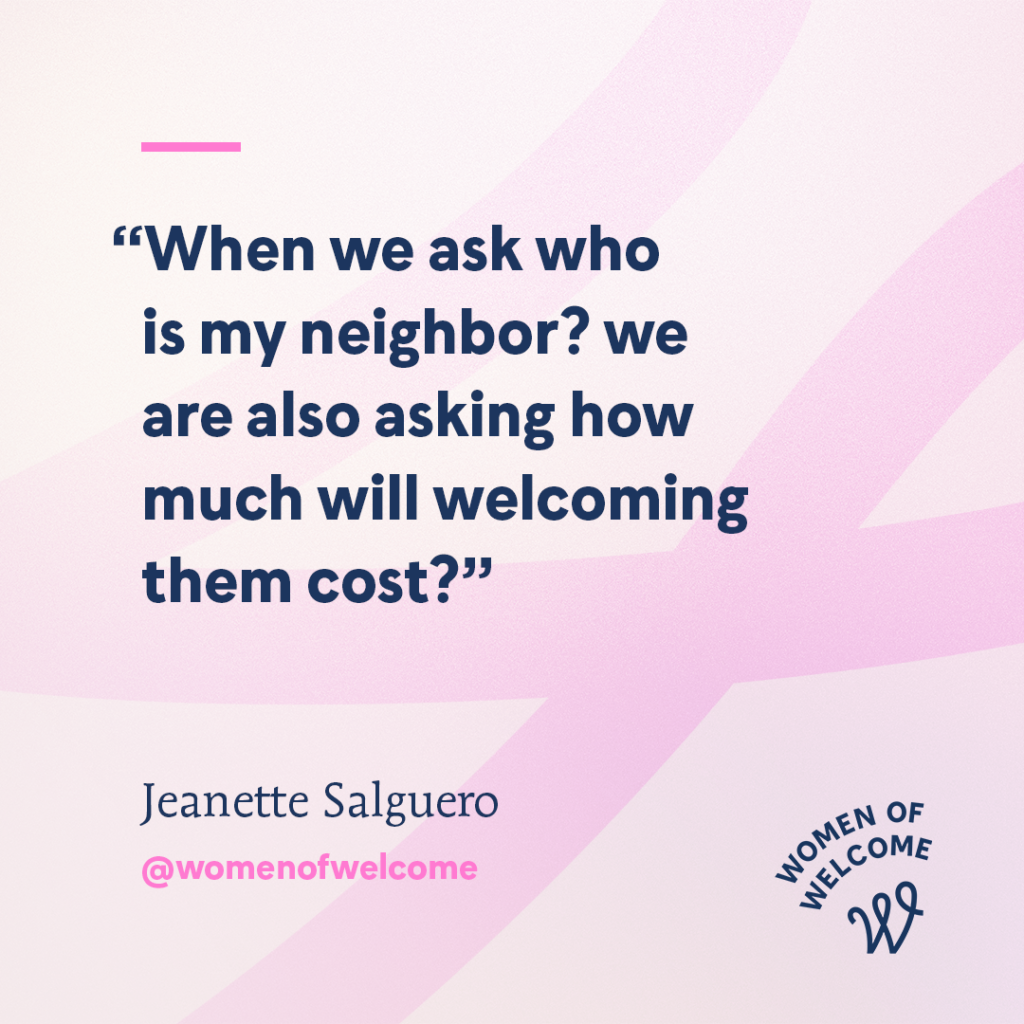Romans 5:10
For if, while we were God’s enemies, we were reconciled to him through the death of his Son, how much more, having been reconciled, shall we be saved through his life!
God’s enemies! This is not a position anyone wants. The Apostle Paul describes a relationship crisis that sounds almost impossible to heal. Of course, we all know how we treat enemies. The common practices are that enemies must be destroyed or at the very least kept at bay. Still, Paul presents a radical alternative that at first glance seems to be simplistic: reconciliation. Admittedly, this term has been used so often to excuse abuse, exploitation, and oppression that it is often dismissed as enabling.
Christian welcome and reconciliation are not cheap. Reconciliation, like welcome, is costly! Welcome is not amnesia. To paraphrase Rowan Williams in Resurrection: Interpreting the Easter Gospel, God’s forgiveness acknowledges our guilty past not as the premise for condemnation but as the “foundation for a new and extended identity.” We who were once enemies have been reconciled.
Reconciliation, to repair and make new, begins with the admission that something is wrong and deeply broken. The Gospel proclaims that God is making all things new. Paul states that this newness begins with the confession that we were not always friends. Here and now, we begin with the honest introspection that there are behaviors and practices that remain unwelcomed—“we were enemies because of our evil behavior.”
Welcome is discerning. Miroslav Volf, in Exclusion & Embrace, reminds us that even our embrace is not absent exclusion. “Go and sin no more” are not just words of absolution, they also require change. Reconciling welcome is full of truth and grace. In a broken world inundated by abuse, neglect, and hostility, genuine Gospel-welcome cannot ignore that reconciliation bridges are costly and it cost God’s Son his life.
In 1995, the Government of National Unity in South Africa set up the Truth and Reconciliation Commission to help the nation deal with what happened under apartheid. The new government understood that if the nation was to welcome and enter into a new reality, the truth of historical enmity could not be ignored .
The premise of this national project was to say the new should not resemble the old. Any welcome of a new way of being is premised on truth that should lead to repentance and restoration. Still, this truth should not deplete our prophetic imagination for new relationships, new lives, and a new world. The journey from enmity to friendship is paved through truthful grace or grace-filled truth. The journey of confession can indeed end in the glorious imagining of a life and world made new.
Thoughtful Questions:
- When welcoming former enemies, how can we acknowledge the pain and cost of enmity while imagining the possibility of a new identity?
- What is the role of truth and repentance in Christian welcome and forgiveness?
- How can Christian welcome give birth to a reimagining of how we do life together?

 This resource answers the most common questions Christians have about immigration and equips you to engage conversations with biblical clarity, truth, and grace.
This resource answers the most common questions Christians have about immigration and equips you to engage conversations with biblical clarity, truth, and grace.